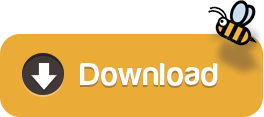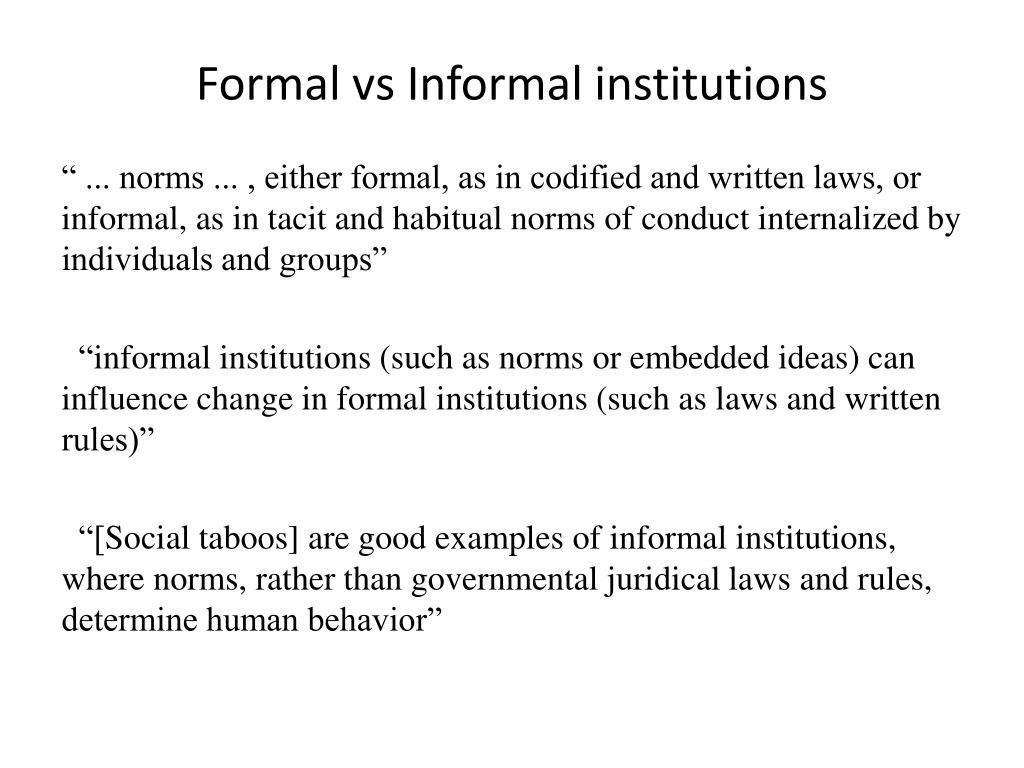
A prohibition of selling alcohol might turn out to be cash-cow for police officials. The gap between the impact of government policies and their stated intentions is often due to informal politics. Informal politics shapes the way governments work.

In real life politics means the balancing of loyalty towards laws and formal institutions with the need to fulfil social obligations and maintain sources of support. It is the domain of both good and bad apples, as people in power rarely have the luxury of playing only by formal rules and procedures. Informal politics is an intrinsic part of how governments are run, of how power is obtained and resources are distributed. Informal politics – the ways in which people draw on personal relations to obtain power and privilege – is not the domain of a few bad apples. There is something reassuring in such an interpretation, implying that there is an orderly and clear system of government run by good apples, only occasionally waylaid by a few bad apples. In this view informal politics is behaviour of people that goes against the way a government is normally run.

That is what informal politics might seem like – as a bunch of tricks of a scheming few, intent on undermining official rules and procedures by exploiting personal connections. Such a list evokes associations of corruption, illegality, of people breaking the law.

A local party broker intimidating his neighbours to obtain their vote. A businessmen securing a mining concession by financing an election campaign. Government officials arranging their promotion by performing favors for politicians. Old ties of friendship shaping the selection of cabinet ministers.

Informal politics is everywhere. The use of personal relations to obtain power and privilege is an intrinsic part of how governments are run and power is obtained.Ī member of a political party manipulating the implementation of a welfare program so that only his party supporters get help.


 0 kommentar(er)
0 kommentar(er)
